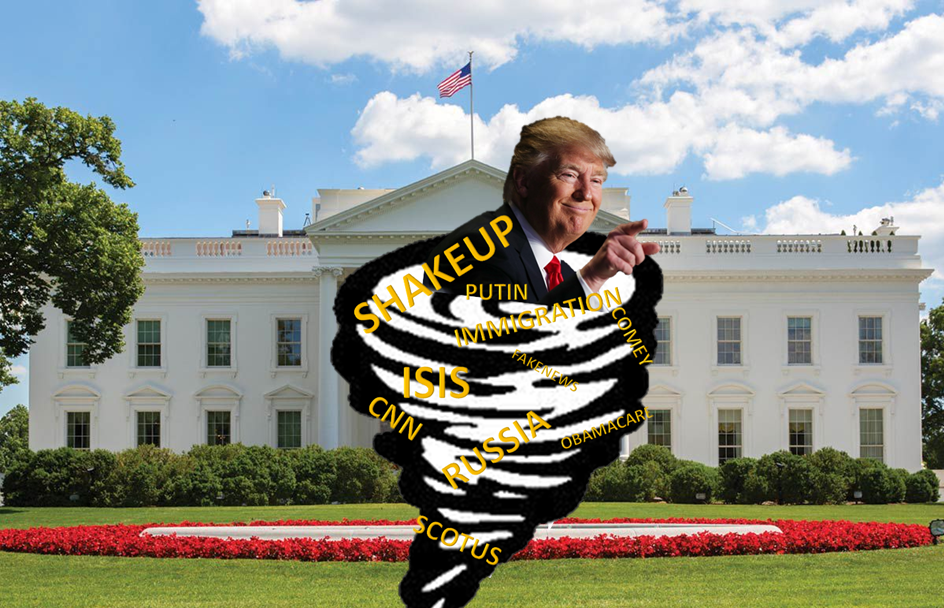
North Korea and China Are Extremely Close, While the South Korean-American-Japanese Relationship is Weakening
(South Korea) on 8 January 2019
by Editorial (link to original)
It is likely that the intent behind Kim’s visit to China is to get Xi’s advice while simultaneously showing off his close relationship with China to the United States in preparation for the upcoming talks with Trump. Both China, in its attempt to expand its influence in northeast Asia, and North Korea, in its attempt to guide its summit with the United States to benefit itself, intend to use each other as leverage against the U.S. It seems that North Korea’s relationship to China has become so close in recent years that it is almost difficult to compare it to that of the past. If the next summit between the U.S. and North Korea produces no results, it is possible that northeastern Asia could be brought into a new Cold War pitting South Korea, America and Japan against North Korea, China and Russia.
In order to deal with the close relationship between North Korea and China, as well as achieve complete denuclearization in North Korea, stable cooperation between South Korea, the United States and Japan is absolutely necessary. However, in reality, the opposite is happening. Controversy and disagreement over denuclearization and the payment of defense costs has strained South Korea’s relationship with the States. Some say that there is a possibility of a partial or even complete withdrawal of U.S. troops from Korea. The South Korean relationship with Japan is also being pushed to its limits as disagreements happen in quick succession, like the radar lock-on dispute* and the dispute over the recent court ruling to seize Japanese assets in South Korea as compensation for victims of the colonial Japanese sex slave draft. This situation, which would not be favorable even if these countries all worked together, has become a cause of even more worry because of the affected nations’ disorganization.
If the current situation is ignored, there is a chance that the complete denuclearization of North Korea may never be achieved. We must restore cooperation between South Korea, the United States and Japan before it’s too late. Although the differences in perspective between these nations may be too large to solve their individual problems, everyone must work together to solve the shared problem of North Korean denuclearization. We are obligated to bring the era of conflict and disarray, of war and destruction to an end and establish a permanent era of peace on the Korean Peninsula.
*Editor's note: The radar lock-on dispute centers around an incident in the sea between Japan and Korea on Dec. 20, in which a South Korean naval destroyer allegedly locked fire-control radar on a nearby Japanese naval surveillance plane.


